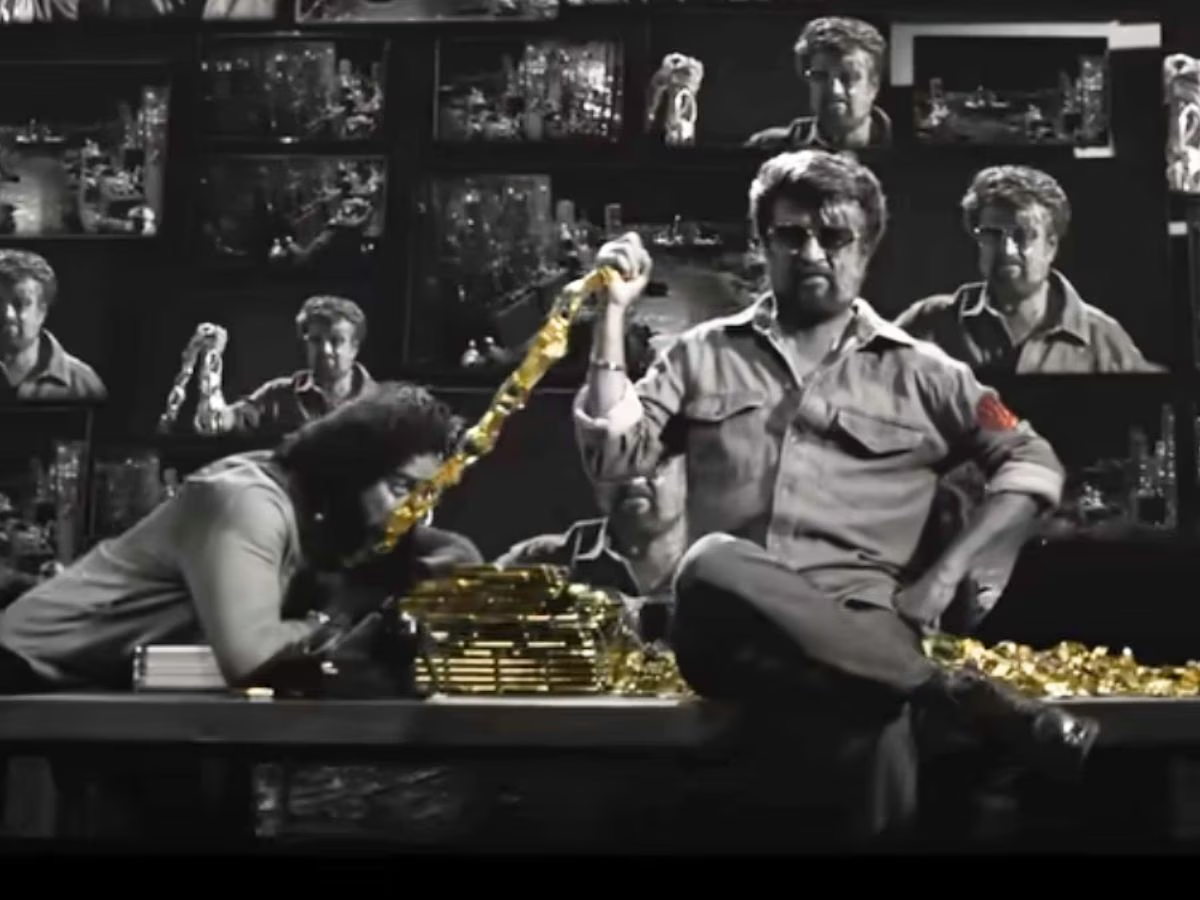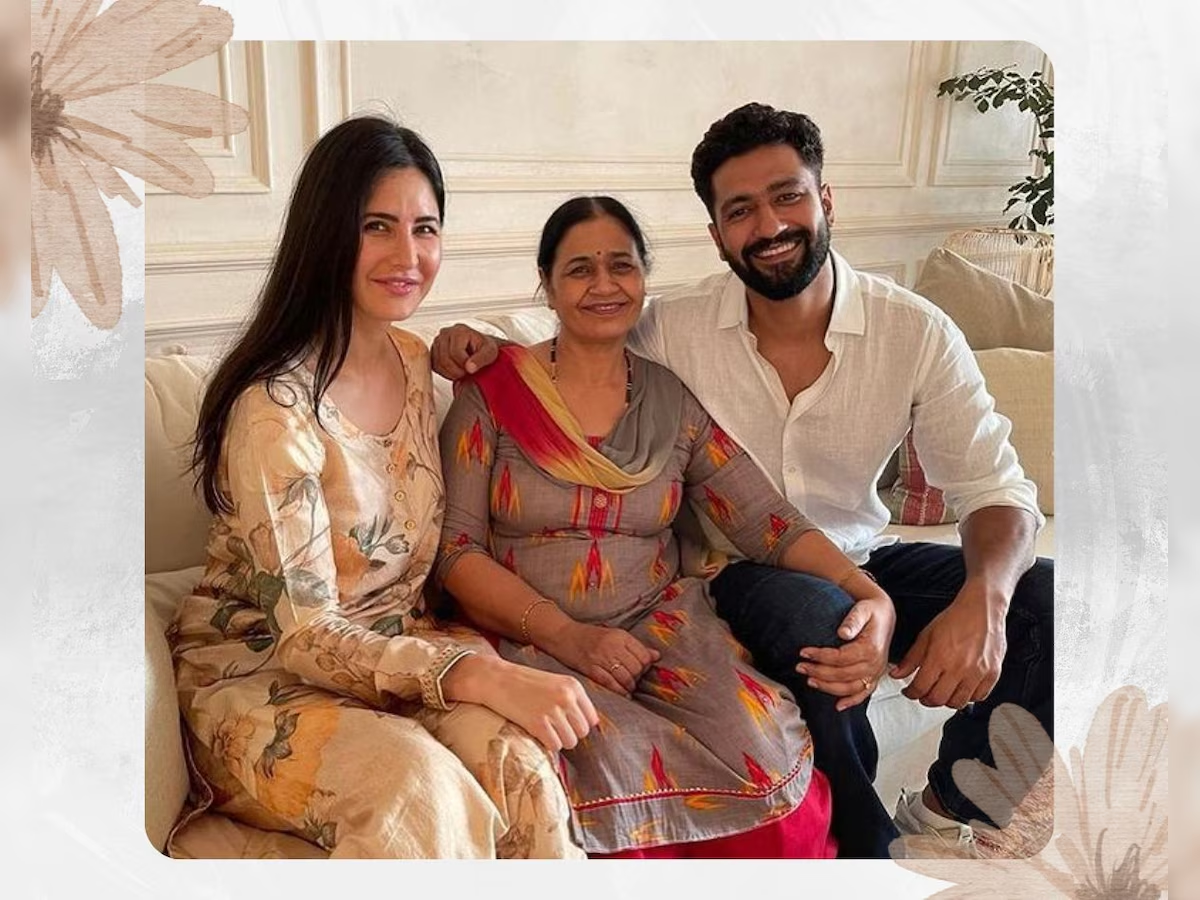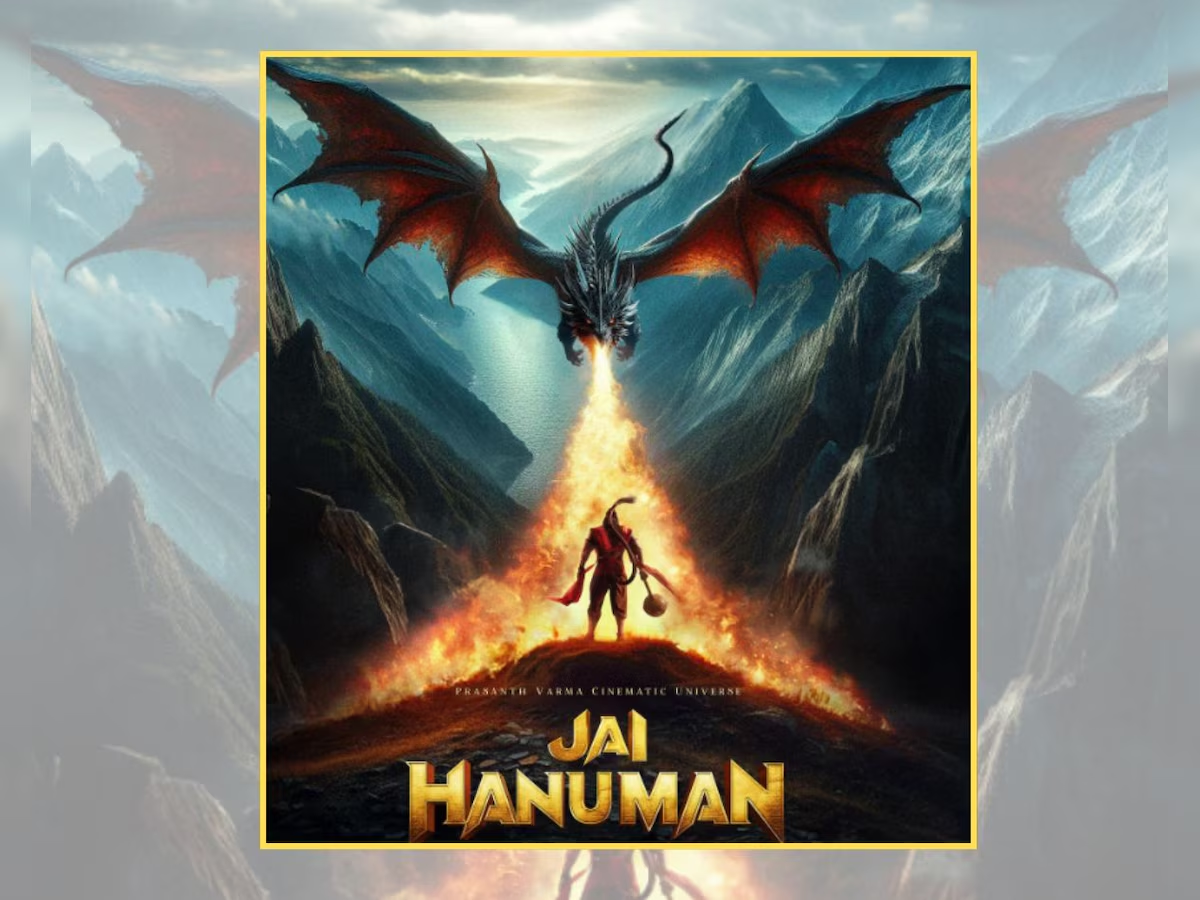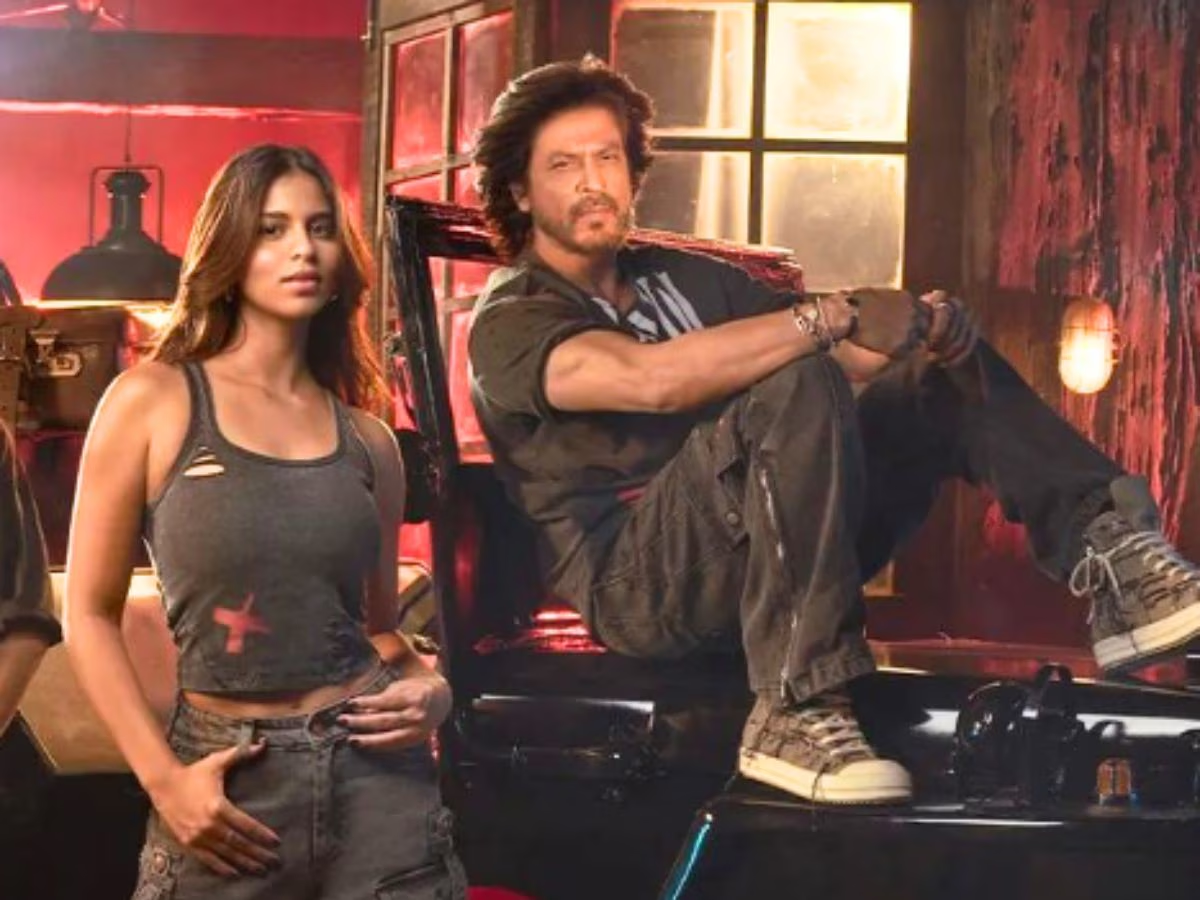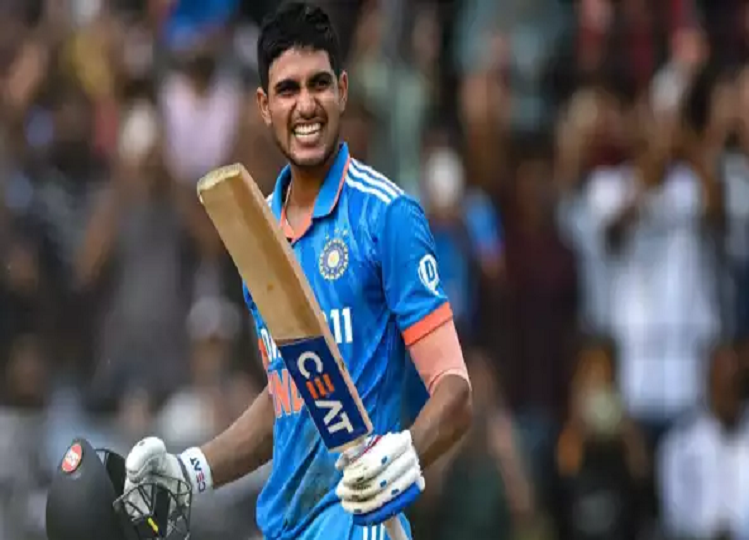Visa revoked for second time in Novak Djokovic's vaccine case
The men's tennis number player was to play in the Australian Open
Djokovic will now face deportation

Australia has revoked the visa of tennis star Novak Djokovic for the second time in a row over his right to remain unvaccinated.
The decision by Immigration Minister Alex Hawke means Djokovic will now face deportation.
However, the 34-year-old Serbian player could still start another legal battle to stay in the country. The men's tennis number player was to play in the Australian Open starting on Monday.

The minister said in a statement that "I used my power today to revoke Novak Djokovic's visa on the grounds of health and well-being. It was in the public interest to do so." The move also means Djokovic could face a three-year ban on obtaining a new Australian visa.
Djokovic may still appeal this
When Djokovic's visa was first revoked shortly after his arrival in Melbourne on January 6, Australian Border Force officials said he had "failed to provide adequate evidence" to obtain a vaccine exemption.
There was also a strong reaction from some Australians living under the long and severe Covid lockdown that Djokovic was admitted despite not being vaccinated.
He was detained, spent hours at immigration control at the airport and then spent days at an immigration hotel. A few days later a judge approved his visa, and ordered his release. The judge ruled that the officers had neglected due process when they arrived.

But in Melbourne on Friday evening, Minister Alex Hawke revoked Djokovic's visa under a separate authority in Australia's Migration Act. The Act allows them to deport anyone who is a 'potential threat to the health, safety or well-being of the Australian community'. However Djokovic may still appeal this.
Djokovic's allegations that he filled in false details on his travel form revealed that he had not traveled to Australia in the 14 days since his arrival, when in fact he had gone to Spain. He said the mistake was made by his agent, calling it a "human error" and adding that it was not intentional. He also admitted to meeting the reporter and having a photoshoot after receiving a positive report for Covid-19.


